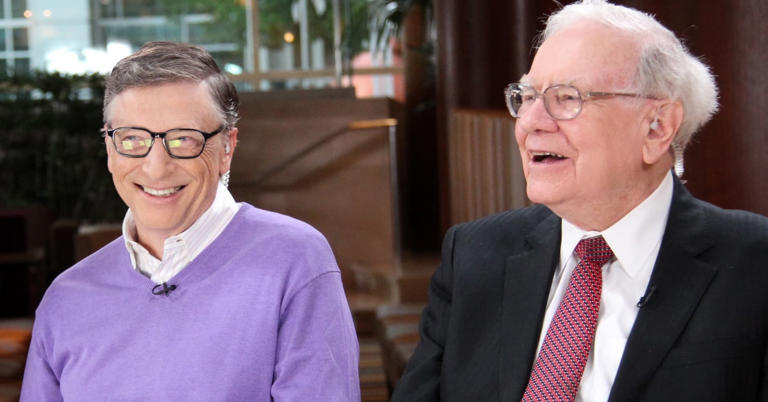It’s concerning that even individuals with the financial savvy of Warren Buffett or the extensive portfolios of Bill Gates can fall prey to insider trading. U.S. Representative Dan Meuser has particularly gained notoriety in this regard within U.S. politics.
In terms of portfolio performance for the current quarter, there’s been a range of outcomes among notable investors: Warren Buffett’s portfolio increased by 0.9%, Ray Dalio saw a 6.2% rise, George Soros also had a 6.2% increase, Bill Gates experienced a substantial 9.9% gain, and Carl Icahn led with a notable 10.3% increase.
Dan Meuser’s extraordinary surge of 37.1% in portfolio performance for the same period, as reported by stock trade tracker Quiver Quantitative on March 5, has drawn considerable attention. Insider trading, a serious offense in the United States, carries significant penalties and can lead to damaging reputational consequences. This illicit practice involves trading securities based on material, nonpublic information, thereby undermining the integrity of financial markets and violating U.S. securities laws.
Given his political career, Meuser’s notable portfolio gains raise eyebrows and prompt scrutiny, especially considering the strict regulations surrounding insider trading. While the Republican representative from Pennsylvania has not faced public accusations of wrongdoing related to insider trading, his impressive investment performance may spark questions about the sources of his success and whether he had access to privileged information unavailable to the public.
The lack of specific details from the Quiver Quantitative post regarding the trades or investments contributing to Meuser’s significant performance increase adds to the ambiguity. Concerns may arise regarding potential conflicts of interest if Meuser’s investment strategy involved trading in securities of companies with which he had connections through his political position.
Meuser’s office has not commented on the Quiver Quantitative report or his investment activities, leaving it challenging to assess the nature of his portfolio performance and whether it raises any ethical or legal issues.
Efforts to strengthen insider trading laws and increase transparency regarding congressional stock trading have been ongoing. The Stop Trading on Congressional Knowledge (STOCK) Act, enacted in 2012, mandates members of Congress and their staff to disclose their stock trades within 45 days of the transaction. However, enforcement of these disclosure requirements has faced criticism for being insufficient.
As a public figure, Dan Meuser’s investment activities are subject to scrutiny, particularly given his role as a lawmaker. Any suspicions of insider trading or unethical behavior could tarnish his reputation and spark concerns among constituents and fellow politicians.
It remains uncertain whether the Quiver Quantitative report will prompt further investigations or regulatory actions concerning Dan Meuser’s investment practices. Nonetheless, the focus on insider trading in politics underscores the importance of transparency and accountability in the financial dealings of public officials.
